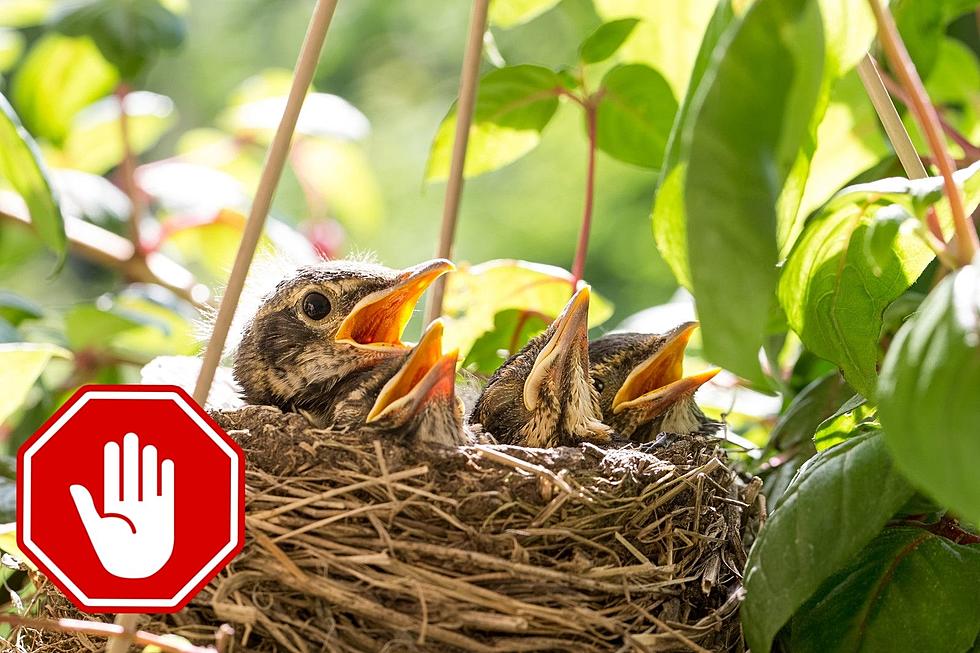
How Not To Be A Dodo Bird When It Comes To ‘Helping’ Wildlife
It almost doesn't matter where you live, at some point in your lifetime, you are bound to come across some type of wildlife that you either know is injured or suspect that it may be in trouble (life at risk). When is it appropriate to intervene? Not as often as you may think.
Oneonta area licensed wildlife rehabilitator Suzanne Johnson has been taking care of quite a variety of injured birds and mammals for many years, brought to her by people who are always well-meaning and want to give that animal a chance to live. The problem is she says, is that sometimes people end up doing just the opposite of their intentions by interfering with nature.
It seems people interfere with baby birds the most because they believe that the baby bird which fell out of the nest is going to be a "goner" if they don't do something. Quite the opposite is true. In most cases, just leave it alone! Baby birds are usually being watched by nearby bird parents as they learn to fly. It's a process that seems very dangerous to observing humans so don't interfere unless you have pets that can get to that baby bird. Either keep your pets inside for the time being or move the baby to the closest safe spot and then leave it alone.
The Sharon Audubon Society provides easy to remember tips and this goes not only for birds but other wildlife:
- Be as quiet as you can around the animal or bird
- do NOT pet the animal or hold it
- keep your pets away from the animal
- do NOT feed or give water to it
- The fewer people around the animal or bird the better so it doesn't get too stressed (that means keep kids away)
If you KNOW a wild animal is injured and needs help, you can call your local Department of Environmental Conservation Region 4 Wildlife Office for those in Delaware, Otsego, and Schoharie Counties at (607) 652-7367 (Stamford). For Chenango County, the number to call is (607) 753-3095, ext. 247 (Sherburne)
If you have an encounter with injured wildlife on a weekend, call the New York State Environmental Conservation Officers dispatch line at 1-877-457-5680.

You can also contact a wildlife rehabilitator near you by going online to dec.ny.gov. Before doing all that though, get plenty of information on what to do from the New York State DEC at on.ny.gov/1CNCLc7.


